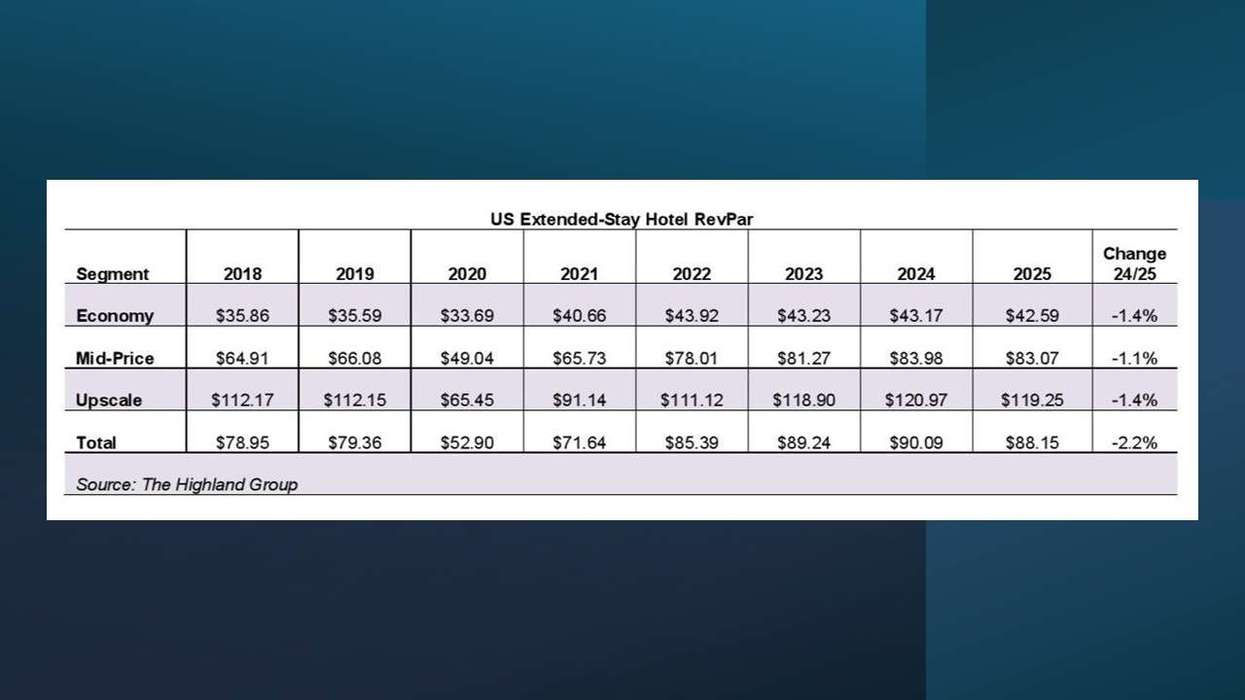A NEW LAW in Florida will require hotels to train housekeeping and front desk employees annually in human trafficking awareness. AAHOA is providing the training to help members avoid a $2,000 a day fine if they fail to comply with the law.
Florida’s new law requires the training begin within 60 days of the employee’s hiring or by Jan. 1, whichever comes later, and re-administered annually. AAHOA is partnering with Businesses Ending Slavery and Trafficking to offer a free 30-minute, online, video-based training for hotel employees.
The training module, “Inhospitable to Human Trafficking Training sponsored by AAHOA,” helps employees understand and identify the signs of potential trafficking situations in hotels and how they can safely report it. It is available in English or Spanish and is certified by the Florida Division of Hotels & Restaurants.
"America's hoteliers can be the first line of defense against human trafficking," said AAHOA president and CEO Cecil Staton. "With proper training, such as BEST's Inhospitable to Human Trafficking sponsored by AAHOA, hotel owners and their employees can learn to identify the signs of trafficking and how to respond to potential trafficking situations."
In 2019 researchers from Arizona State University evaluated the program and found that 97 percent of hotel employees who took it said it will help prevent sex trafficking incidents. Also, 96 percent of employees reported taking at least one recommended step to prevent trafficking at their hotel.
“Since our training is provided online, it’s easy to administer to employees annually, and it’s convenient for employees to be able to provide their managers with the required documentation showing they are up-to-date with their training,” said Mar Brettmann, founder and CEO of BEST.
Florida’s new regulations require each employee to submit a signed and dated acknowledgment of having received training, which the hotel owner or operator must be able to provide to the state’s Department of Business and Professional Regulation upon request. Participants in the AAHOA program can print a signed and dated certificate showing they have completed the course.
Eight states, including California, Connecticut, Minnesota, New Jersey, Iowa, North Dakota and Illinois also have passed laws requiring human trafficking awareness training for lodging establishments.
AAHOA has offered human trafficking awareness training for years. The association sponsored events in recognition of National Human Trafficking Awareness Month in January.





